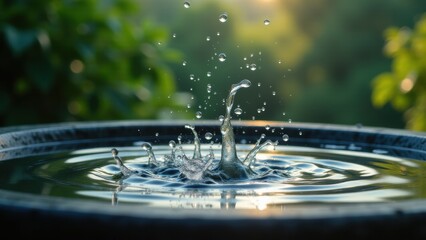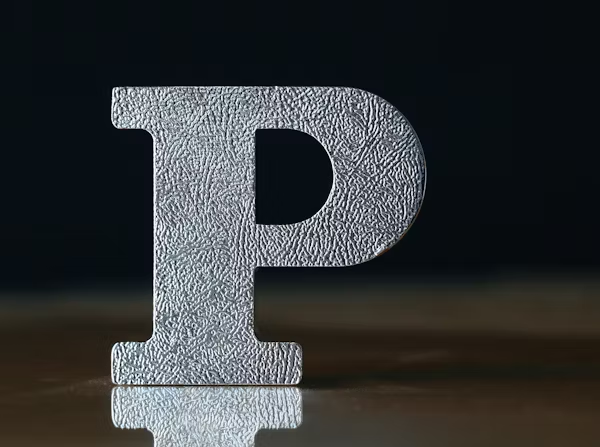Masaayel of being pure and clean (استنجاء) after urinate and defecation:
The meaning of istinja is to acieve purity and cleanliness.
Achieving cleanliness and pureness is of 2 kinds.
Achieving cleanliness and pureness after urinating is considered minor istenja.
Achieving cleanliness and pureness after defecating is considered major istenja.
Istinja is from the verb istinja, which is the process of purifying oneself with water or something else, and it is the removal of impurity, which is excrement, meaning the removal of impurity from the two exits.
Istinja is a type of purification required in the Islamic religion . Every liquid that comes out of the two passages is impure, whether urine or otherwise, except for what is excluded from it. Istinja must be done using water , or replacing it with a pure means called istijmar, which is: using a stone in difficult circumstances such as the absence of water and easy means, or any means that facilitates internal cleanliness. Istijmar is the use of stones and what is similar to them such as wood and paper, and from it in our time paper tissues to purify the two passages from impurity.
In the modern era, after the emergence of toilet paper rolls , people clean themselves with toilet paper and water , and dry themselves with paper when possible, or with stones and water when circumstances are difficult, such as people living in remote and rural areas where the standard of living for daily life is difficult and low.
It is permissible to use stones or paper alone for cleansing, depending on what is available, especially when it is difficult to use water in rural and remote areas that are known for their scarcity of water resources.
It is the best to use tissue paper and water both . If one is limited to one of them , then water is better.
With the difference in daily lifestyle and circumstances from the past, especially with the availability of toilets for everyone, which eliminates the need to use stones, water and drying with paper remains better and purer for the person performing istinja if the ideal conditions for purification and cleansing are available.


